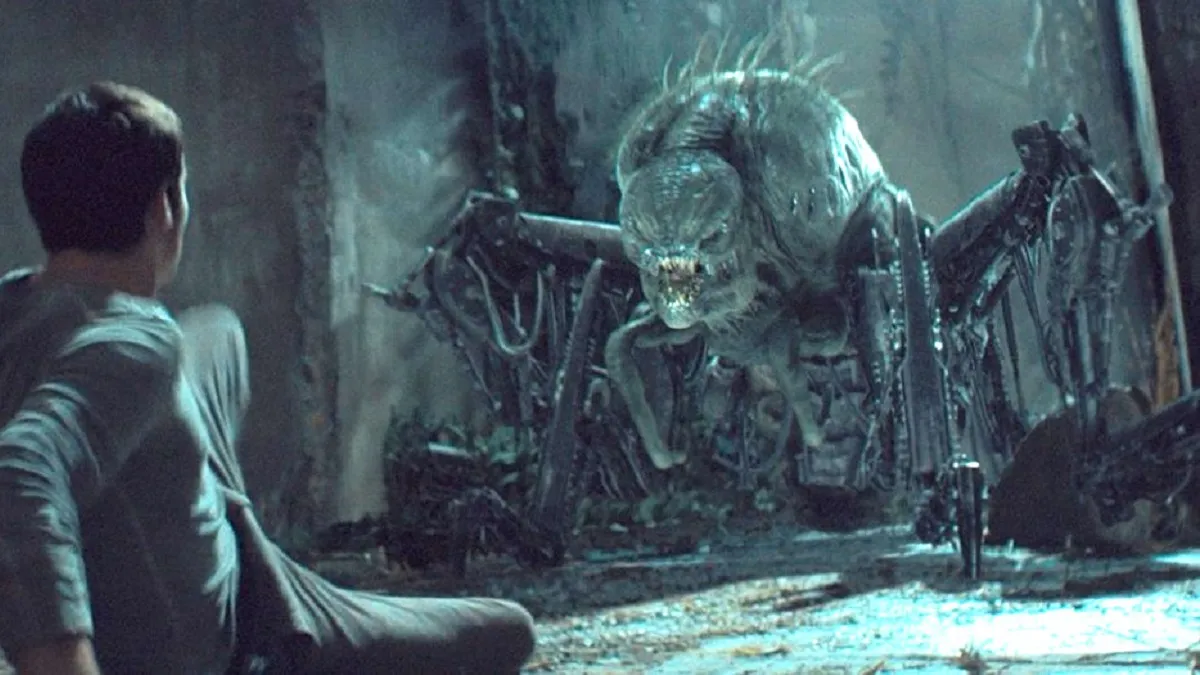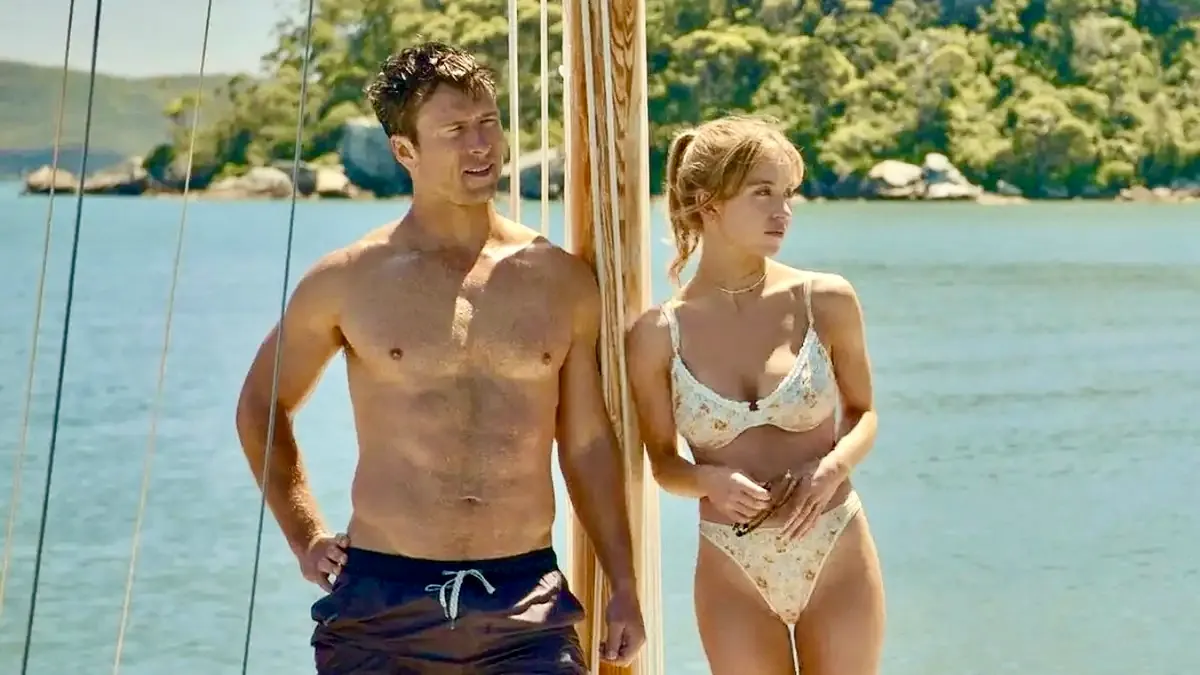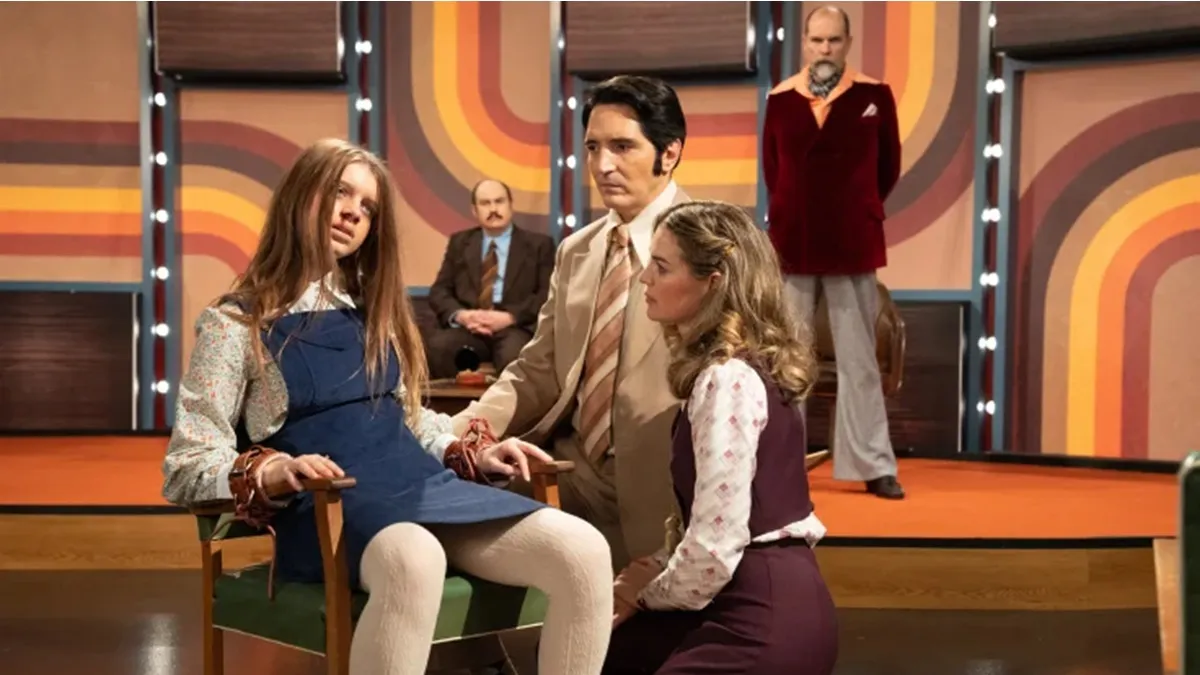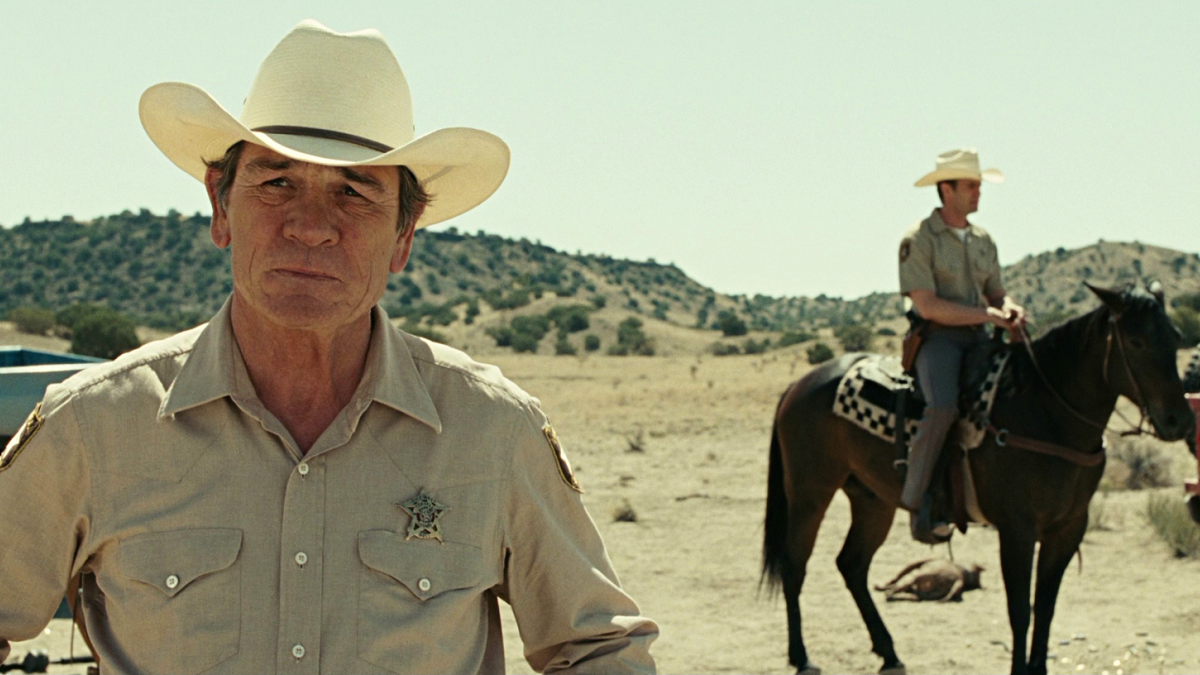
This review was originally published during our coverage of TIFF 2015.
As if Tom Hardy still has something left to prove, he takes on what is most likely his most ambitious film role to date in Legend, from writer-director Brian Helgeland. In fact, the role is split into two characters, twin brothers Ronnie and Reggie Kray, real-life gangsters who dominated the organized crime scene in London in the 1960s.
Hardy has demonstrated his ability to shine in lead roles ranging from the eccentric and expressive Bronson to the understated and restrained Locke, while also maintaining a tendency to steal away the audience’s attention in supporting roles in films like Inception and Lawless. Here, he has the opportunity to do both these things at once: as Reggie we have a leading man played with enough charm to make the character believably magnetic, while Ronnie is the scene stealer, eliciting laughs from his awkward manner and blunt, sometimes socially reckless honesty.
The story follows the brothers as they pass in and out of jail, and in and out of being in charge of the Kray family business. At first, business is good with Reggie running the show and we see him pursuing a new romantic interest. Emily Browning plays Frances, Reggie’s girlfriend and eventual wife, as well as narrator—this is a curious device given the documented fate of Frances, but carries enough intrigue in hearing her perspective.
Browning, for her part, makes what is either an underwritten, under-utilized or under-appreciated character come alive, subtly rendering an arc that may even be more interesting than that of the Kray brothers. At the beginning of the film, she is frequently describe as fragile or delicate, but there’s a knowingness in her eyes, especially towards the film’s later sections, that point to a strength that exists but is constantly stifled by her situation. In fact, her inability to escape the shadow of Reggie and Ronnie reflects Browning’s overshadowing by the all-encompassing performance of Hardy, and any frustration the audience may feel in that balance of focus may contain a glimpse of the angst that Frances experiences, leading to her depression.

Frances’ importance to this story, though, eventually leads back to the centrality of the relationship between Reggie and Ronnie. Her very involvement with Reggie is a symptom of his inability to escape his connection to his twin brother, with Ronnie being labeled every bit as fragile as Frances. The scenes between Ronnie and Frances, indeed, are some of the most fascinating, particularly in contrast with the other two pairings in this strange triangle. Thematically, this seems to play into the whole notion of love and hate, highlighted throughout the film and embodied in the line, “It takes a lot of love to hate you the way I do.” How each relationship plays into this theme remains unclear, to me at least.
What is made crystal clear throughout the movie is Helgeland’s unapologetic adoration for the American gangster films of the likes of Coppola and Scorsese. The Krays are essentially De Niro and Pesci from Casino but with the same genes. The voiceover narration, combined especially with a long tracking shot of Reggie leading Frances into his premiere club, as well as the musical choices owe a great debt to Goodfellas. Meanwhile, a pivotal concluding moment between the brothers recalls the intense moment between Michael and Fredo Corleone in The Godfather Part II. The sources of inspiration in Legend are presented overtly, as if to say “here is where this film is like these other gangster movies; now let me show you where it differs.”
The crucial differences, the things that make Legend worthwhile, are the sense of place and the familial tension in its principal characters. I can’t speak to the cultural significance of the Kray brothers to British culture, having only read about it. But the space of this film has a different feel to it that goes beyond simply the Cockney accents—there’s a ground-level exploration of the sociopolitical landscape in 1960s London that feels like uncharted territory for a film of this weight. Even without these winning features, the movie succeeds on the rippling shoulders of Tom Hardy. This is one of those dual performances so obviously superb that heaping it with praise feels cliché, but it deserved be heaped nonetheless. Giving two characters such color and depth is an achievement in itself, but simply forgetting you’re watching one person playing two characters is the real testament to the work.






